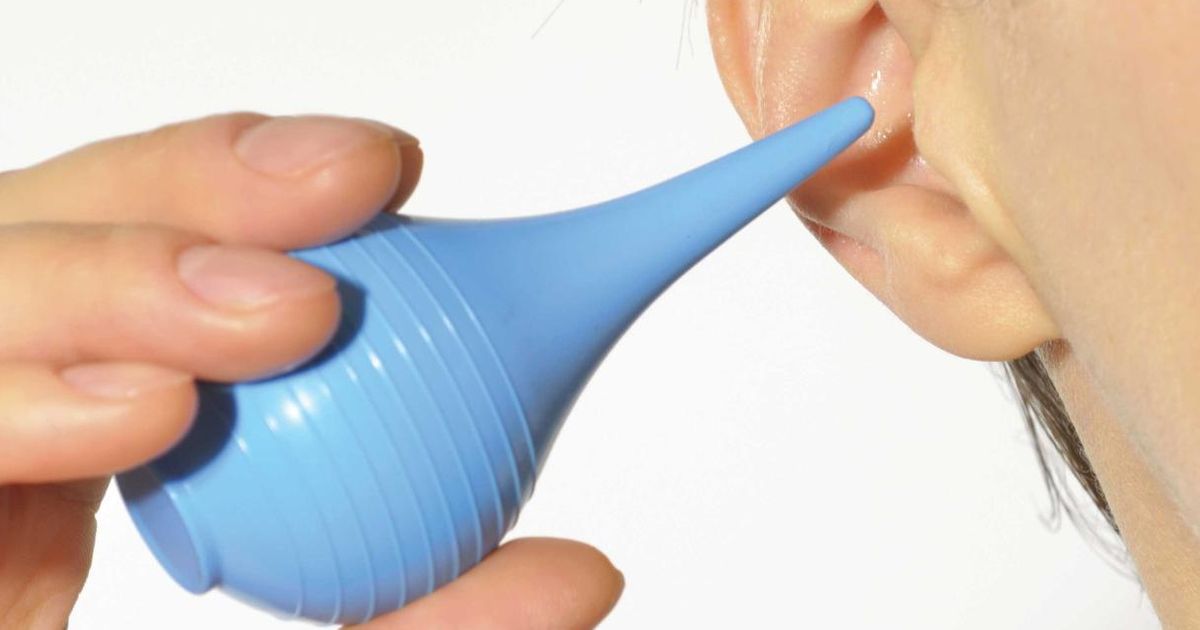Methods Of Treating Swimmer's Ear
Swimmer's ear is an infection of the outer ear canal that comes about as a result of water remaining in the ear and creating a moist environment where bacteria can thrive. Occasionally, prodding of the ear canal using fingers, cotton, swabs, or other objects can also cause swimmer's ear. Typically, patients can tell when they have swimmer's ear by the pain and itching they feel in their ear canal. They may also see redness in their ear canal as well as feel clear, odorless discharge coming out of their ear. As the infection progresses, the itching may worsen, and the discharge may become pus-like. In severe cases, fever may accompany other symptoms. Learn how to effectively treat swimmer's ear now.
Cleaning Out The Ear

Before you can begin the healing process, make sure your outer ear canal is clear. If there is debris, flaky skin, or even built-up earwax in the way, it is going to be difficult for the drops to flow through properly to all the infected areas. To assist you in cleaning your ear, your doctor may use suction or an ear curette to clean away the blockage and make way for the eardrops. It is crucial for you, however, to keep up the work the doctor begins in cleaning out the ear by maintaining your ear's hygiene. This is especially important while your ear is healing because debris may worsen the infection.
Get to know the next treatment option for swimmer's ear now.
Eardrops

The eardrops you receive to treat your swimmer's ear will likely include a combination of ingredients. For instance, it may include an acidic solution to help your ear be restored to its normal antibacterial environment. It may also include a steroid that will help reduce the inflammation as well as an antibiotic to combat bacteria. If there is a fungus involved, it may include antifungal medication to help fight off the infection.
Typically, your doctor will provide you with some tips for taking the drops to lessen discomfort. Of these, you can bring the drops to body temperature by holding the bottle in your hand for a few minutes. You can also lie on your side while putting in the drops to allow them to travel the whole length of the ear canal. Finally, if you have difficulty putting the drops in yourself, get the help of someone else.
Continue reading to reveal the next treatment for swimmer's ear now.
Keep Your Ears Dry

Because swimmer's ear is the result of bacteria growing in the outer ear canal, it is important to keep the outer ear canal dry as the ear is healing. What many individuals don't realize is it can be difficult to keep your ears dry if you are not actively making an effort. For example, when you take a bath, use a cotton ball coated in petroleum jelly to keep water from entering the ear canal. While you may insist this will not be an issue for you because you will not be getting your ears near the water, it can be easy for droplets to work their way into the ear canal.
It's time to learn about the next treatment option for swimmer's ear. Keep reading!
Avoid Using Headphones Or Hearing Aids

Understanding why you should avoid using headphones or hearing aids plays a big role in your healing. When your ears are going through the healing process from their infection, it is important for there to be a clear path through the ear canal. This is because the bacteria thrive in an environment where there is no clear access to the outside. That is, the easier it is for moisture to accumulate, the easier it is for the infection to remain. Headphones and hearing aids both stop up the ear and prevent moisture from exiting. As a result, the infection may worsen. Instead, it is best for you to stop using headphones and hearing aids—and anything else that may go into your ear—until all of your symptoms have fully subsided.
Learn more about the options available for treating swimmer's ear now.
Protect The Ears From Chemicals

The reason behind why you should protect the ears from chemicals is similar to why you need to keep your ears from getting wet. Essentially, you do not want to interrupt your ear's healing process. If you allow chemicals to make their way into your ear, you are going to change its environment, and it may be for the worse. While the chemicals inside medicated drops are necessary, any other chemicals need to be kept away from the ear to allow it to heal properly. This will allow for quicker healing and prevent infections in the future.